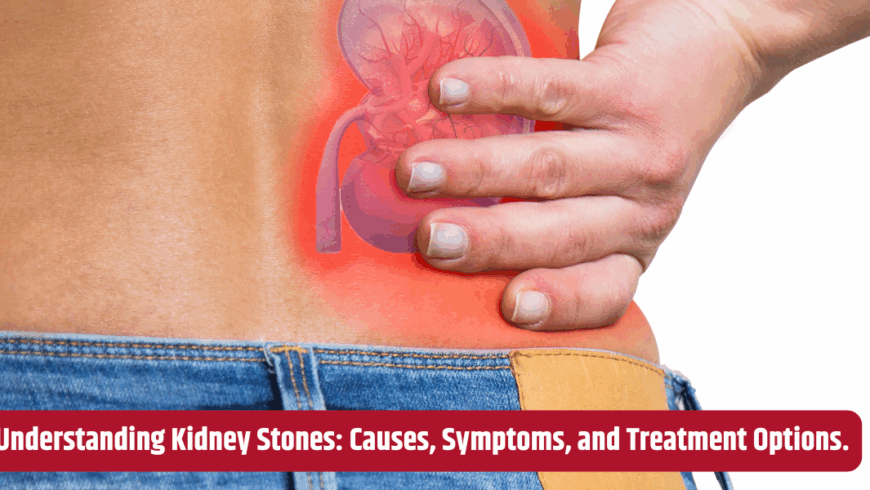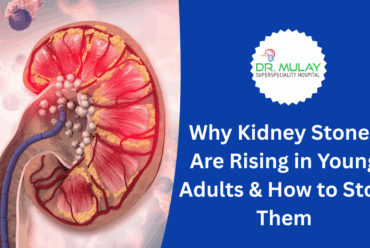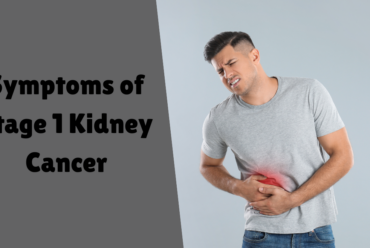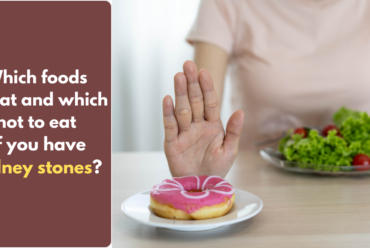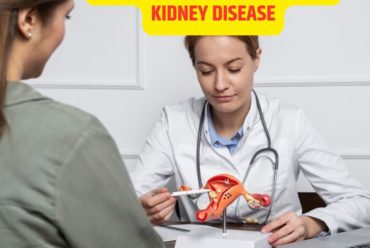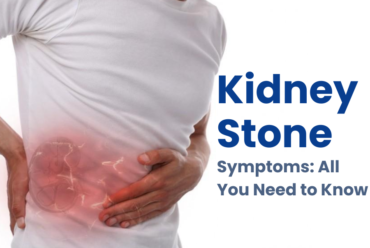Understanding Kidney Stones: Causes, Symptoms, and Treatment Options.
Understanding Kidney Stones: Causes, Symptoms, and Treatment Options.
Kidney stones are a common health issue that can cause a lot of discomfort. Dr. Abhirudra Mulay, a Kidney Stone Specialist in Hadapsar, explains that kidney stones form when certain substances in the urine become concentrated, harden, and create solid stones.
What Are Kidney Stones, and How Do They Form?
Kidney stones are solid masses made of crystals that form in the kidneys. They develop when there is a high concentration of substances like calcium, oxalate, and uric acid in the urine. If there isn’t enough liquid in the urine to dissolve these substances, they begin to stick together and form stones.
What Causes Kidney Stones?
Kidney stones form due to various reasons, including:
Dehydration: Not drinking enough water can lead to highly concentrated urine, increasing the risk of stone formation.
Diet: High intake of salt, sugar, or protein may contribute to kidney stones.
Medical Conditions: Certain conditions like obesity, diabetes, and digestive diseases can increase the risk.
Family History: If kidney stones run in your family, you might be more likely to develop them.
Medications: Some medicines can also increase the chance of forming kidney stones.
What Are the Symptoms of Kidney Stones?
Small kidney stones often pass unnoticed, but larger stones can cause symptoms such as:
Severe Pain: Often described as one of the most intense pains, kidney stone pain usually occurs in the side or lower back and may radiate to the lower abdomen or groin.
Blood in Urine: Stones can cause minor bleeding, leading to pink, red, or brown urine.
Frequent Urge to Urinate: This can happen if the stone moves into the bladder or the urinary tract.
Nausea and Vomiting: Pain caused by kidney stones can sometimes lead to nausea and vomiting.
Pain During Urination: If the stone reaches the urethra, it can cause discomfort or burning sensations while urinating.
How Are Kidney Stones Diagnosed?
To determine if you have kidney stones, a doctor may use:
Urine Tests: To check for minerals and substances that can cause stones.
Blood Tests: To look for substances in the blood that could lead to stones.
Imaging Tests: CT scans and ultrasounds help locate the stone and determine its size.
What Are the Treatment Options for Kidney Stones?
Treatment for kidney stones depends on their size, location, and what they’re made of.
Drinking More Water: Staying well-hydrated helps small stones pass through the urine.
Medications: Certain medications may help dissolve smaller stones or relieve symptoms.
Shock Wave Therapy: Also known as lithotripsy, this treatment uses sound waves to break up stones into smaller pieces that can be passed in urine.
Surgical Procedures: For larger stones, minor surgical procedures may be necessary to remove them.
How Can I Prevent Kidney Stones?
Some simple steps to reduce the risk of kidney stones include:
Stay Hydrated: Drink plenty of water to dilute substances in your urine.
Limit Salt and Sugar: Reducing salt and sugar in your diet can help prevent stones.
Eat Calcium-Rich Foods: Getting enough calcium from food, rather than supplements, may lower the risk of stones.
Limit Oxalate-Rich Foods: Foods high in oxalates, like spinach and nuts, can contribute to kidney stones in some people.
When Should I See a Doctor?
If you experience severe pain, blood in your urine, nausea, or difficulty urinating, it’s best to seek medical help. Dr. Abhirudra Mulay, a Kidney Stone Specialist in Hadapsar, advises seeing a doctor if these symptoms occur, as they may indicate that the stone is too large to pass naturally and may need professional treatment.
Kidney stones are manageable, and knowing the symptoms and preventive steps can help you avoid them in the future. If you suspect you have kidney stones or want to discuss prevention, Dr. Abhirudra Mulay can guide you on the best steps to take for kidney stone treatment and management.

